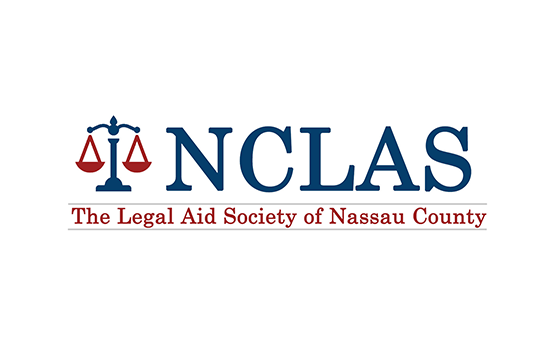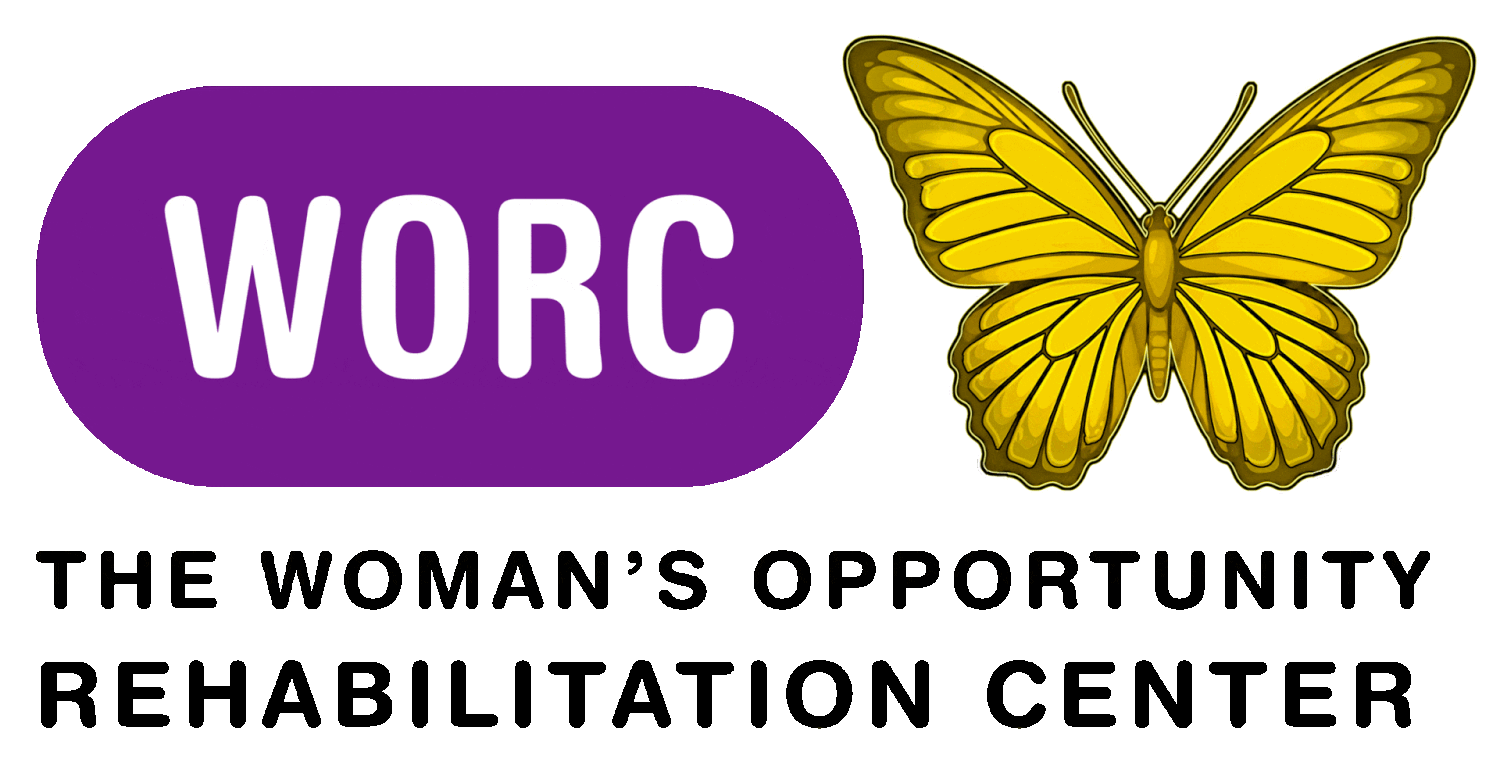
Our Resources
The resources of our partners connect individuals with vital services like housing assistance, job training, and mental health support, fostering successful reintegration into the community.
Our Mental Health and Substance Use Partners
-

CSEDNY - Nassau Alliance for Addiction Services (NAFAS)
-

New Horizon Counseling Center
-

Long Island Rehab | Long Island Rehab Centers
Our Legal Services Partners
-

Home of Problem-Solving Courts | NYCOURTS.GOV
-

Probation | Nassau County, NY
-

Legal Services of Long Island
-

Queens and Long Island Region | Department of Corrections and Community Supervision
-

Legal Aid Society
Our Social Support Partners
-

Circulo De Hispanidad
-

The INN – Serving Dignity, Respect & Love since 1983
-

Family First Community Center, Inc
-

Visions To Opportunity
-

Central American Resource Center of Los Angeles
Our Anger Management, Parenting Skills, Family Therapy Partners
-

Long Island Teamwork
-

Thriving Under Pressure
Counseling Service
LLC - NPI 1851088223Marriage & Family Therapist in Huntington, New York
Frequently Asked Questions
-
A reentry program is designed to help individuals successfully transition from incarceration back into the community. These programs aim to reduce recidivism (the likelihood of re-offending), enhance public safety, and save resources by providing support and resources that facilitate a smoother and more positive reintegration process.
-
Reentry programs address the various challenges individuals face after release, helping them secure housing, find employment, access healthcare, rebuild family relationships, and become productive members of society. These programs empower individuals to pursue education, job training, and other opportunities to establish a foundation for a successful and crime-free life.
-
Eligibility criteria for reentry programs may vary depending on the specific program and funding source. However, many programs serve individuals released from prisons, jails, or juvenile facilities.
-
Reentry programs offer a wide range of services tailored to meet the diverse needs of individuals. Common services include:
Housing assistance: Support in finding stable and affordable housing options.
Employment assistance: Job readiness training, resume writing, interview skills, and job placement services.
Education: Support in obtaining GED/high school equivalency, vocational training, and even college degrees.
Healthcare and substance abuse treatment: Connecting individuals with healthcare providers, accessing medication-assisted treatment, counseling, and support groups.
Family support and reunification: Programs designed to rebuild family relationships, offer parenting support, and address communication issues.
Legal assistance: Help with expungement, understanding legal rights, and navigating the justice system.
Case management: Providing individualized guidance, support, and resource referrals throughout the reentry process.
-
Program duration can vary based on individual needs, court requirements, and specific program guidelines. While some programs may have a defined timeframe, the focus is on providing ongoing support as individuals work toward achieving their goals.
-
Family and friends play a crucial role in the reentry process. Staying connected and offering positive support can be immensely helpful. Participating in family support programs and attending relevant workshops or meetings, if offered by the program, can also provide valuable guidance and tools for navigating this transition together.

